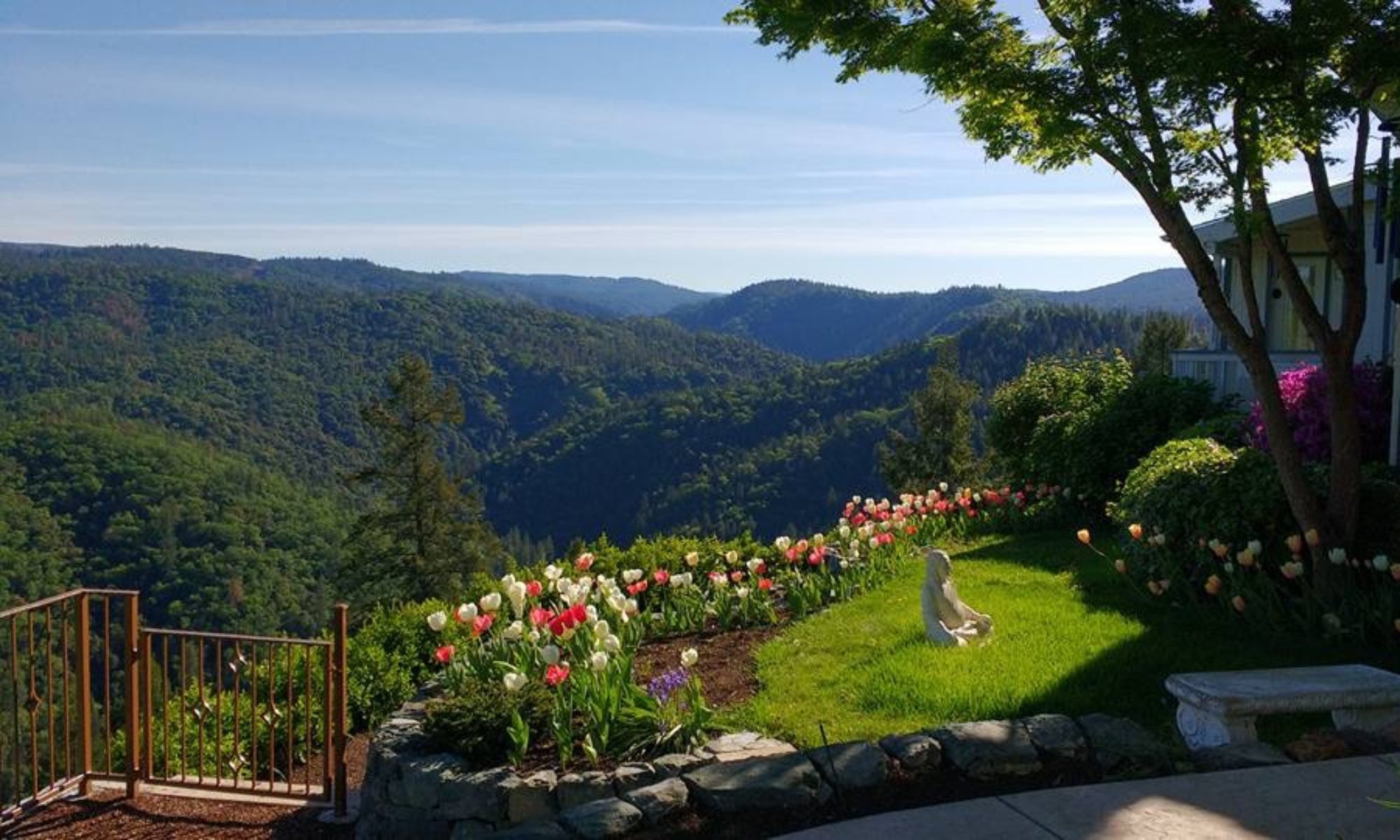
I usually post a photo in commemoration of 9/11. But after I read the following essay I knew it was what I had to share.
It’s long. But I was sobbing by the time I reached the end.
I’m so grateful to Sean Dietrich for sharing his writing with the world.
It was the dogs. The dogs are what got me.
A few years ago we visited the 9/11 Memorial Museum, and we saw a lot. Twisted steel girders. Baby-faced portraits of the deceased. Mutilated emergency vehicles.
But it was the dogs that wrecked me.
The dog exhibit is pretty small. Located in the far corner of the museum, with photographs of search and rescue dogs.
You see dogs nosing through rubble, wearing safety harnesses. You see them in their prime. They’re all deceased now. But they were spectacular.
There was Riley. Golden retriever. He was trained to find living people. But, he didn’t find any. Instead, he recovered the remains of firefighters. Riley kept searching for a live survivor, but found none. Riley’s morale tanked.
“I tried my best to tell Riley he was doing his job,” said his handler. “He had no way to know that when firefighters and police officers came over to hug him, and for a split second you can see them crack a smile—that Riley was succeeding at doing an altogether different job. He provided comfort. Or maybe he did know.”
There was Coby and Guiness. Black and yellow Labs. From California. Surfer dogs. They found dozens of human remains.
And Abigail. Golden Lab. Happy. Energetic. Committed. Big fan of bacon.
Sage. A border collie. Cheerful. Endless energy. Her first mission was searching the Pentagon wreckage after the attacks. She recovered the body of the terrorist who piloted American Airlines Flight 77.
Jenner. Black Lab. At age 9, he was one of the oldest dogs on the scene. Jenner’s handler, Ann Wichmann, remembers:
“It was 12 to 15 stories high of rubble and twisted steel. My first thought was, ‘I can’t send Jenner into that…’ At one point, [Jenner] disappeared down a hole under the rubble and I was like, ‘Ugggggh!’ Such a heart-stopping moment…”
Trakr. German Shepherd. Tireless worker. Worked until he couldn’t stand up anymore. Trakr found Genelle Guzman-McMillan, who was trapped for 27 hours among the debris. Genelle was as good as dead, until the cold nose poked through the mangled steel.
Apollo. German shepherd. An NYPD police dog. Coal-black muzzle. Liquid eyes. The first dog on the scene, only 15 minutes after the attacks. Apollo worked 18-hour days. Once, he was nearly killed in a fire during his search. But Apollo had been drenched in water and he was quick on his feet. No injuries.
Jake. Labrador. As a puppy, Jake was found on the side of the road in Dallas. Abandoned. Left for dead. Like trash. He had a dislocated hip and a broken leg. They made him a rescue dog.
Jake worked until his body threatened to collapse from exhaustion. After his shifts, local New York merchants saw his rescue-dog vest and treated him to free steak dinners in upscale Manhattan restaurants.
And, of course, there was Bretagne. Golden Retriever. Easygoing. Dutiful. Obsessed with food. Her owner and trainer, Denise Corliss, a firefighter from Harris County, Texas, brought Bretagne to Ground Zero while the rubble was still hot.
Bretagne went straight to work. She worked for 10 days solid. Ten agonizing days. Bretagne never quit. She napped onsite.
Denise recalls: “…There are images of Bretagne going to where she was directed to search, into the unknown, the chaotic environment. But even then, she knew who needed the comfort of a dog, and which firefighter needed to hold her close and stroke her fur.”
After 9/11, Bretagne also helped recovery efforts during the aftermath of Hurricane Katrina, and Ivan. She retired at age 9.
Old age finally overtook her, she had a hard time using stairs, so Denise installed an above-ground pool to keep Bretagne’s joints limber.
In retirement, Bretagne became a reading dog at a local elementary school. First graders, too shy to read aloud, would read to a white-faced, elderly retriever who looked them in the eyes and smiled.
Bretagne visited students with special needs. She visited students with autism. She visited everyone.
She suffered kidney failure at age 16. She was put to sleep on June 7, 2016, and became the last of the 9/11 rescue dogs to end her earthly career.
Bretagne hobbled into the Cypress, Texas, animal hospital, one sunny Monday, only to discover the sidewalks and hallways were lined with firefighters, first responders, and rescue workers who saluted her.
Her remains were later escorted from the hospital, draped in an American flag.
We do not deserve dogs.



